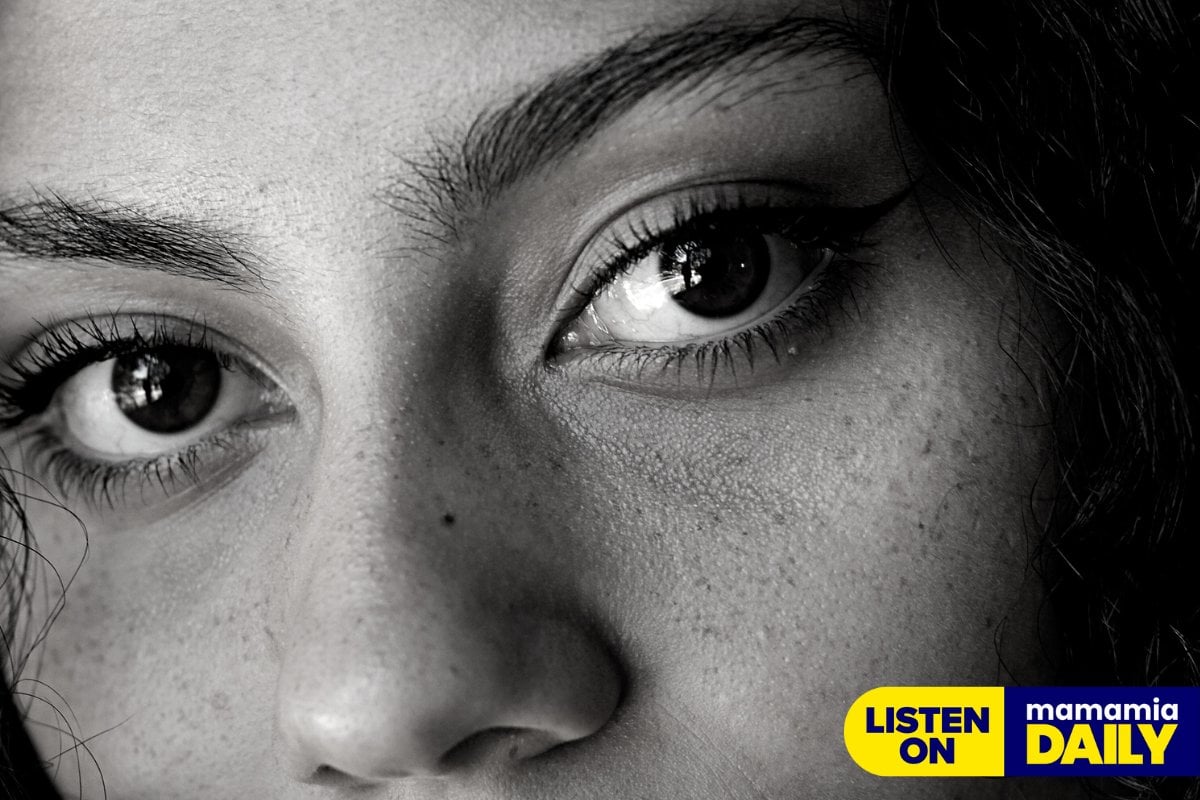
Listen to this story being read by Rebecca Davis, here.
Warning: Aboriginal and Torres Strait Islander readers are advised that this article contains the names of people who have passed. The feature image used is a stock image from Getty.
This post also deals with extreme domestic and sexual abuse and might be triggering for some readers.
We don’t know her name yet. Or the name of her little baby.
For now, they are known as the 40-year-old woman and infant child whose bodies were found at an outstation north of Alice Springs on Sunday.
With them, was also the body of a 41-year-old man. A firearm was located at the scene and the police are treating the “horrific” incident as domestic violence.
But perhaps you didn’t hear about it?
"Our hearts are hurting. Sometimes it feels like they don't have a chance to heal. But our voices say enough, the violence must stop," a statement from @TWFSG1 read, crafted in response to the loss of another woman and child from their community.https://t.co/NGPzMAKsiA
— ANROWS (@ANROWS) July 19, 2022


Top Comments